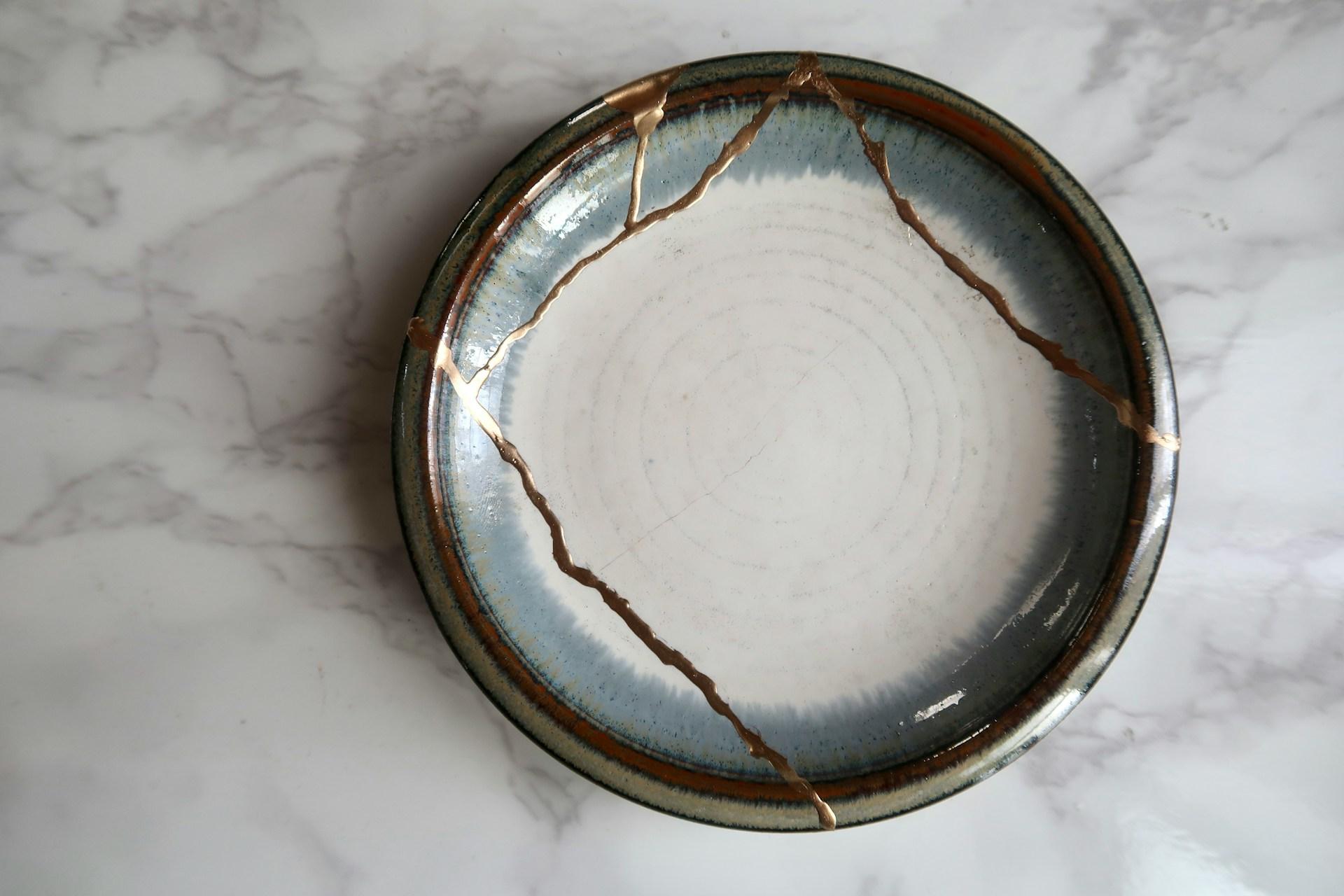Substance vs. Sheen

This post is a reflection on the speech I shared last time. If you haven't read it yet, you can find the original text here: Parental Advisory.
I was overwhelmed by the response to my last post. People reached out to share their own stories, asked about the card game I mentioned in my speech, and felt motivated to connect with their own parents. It was a powerful reminder that a story from the heart finds its way to other hearts.
One club veteran whose parents were Holocaust survivors wrote to me afterward. She shared how my speech honored their memory, sparking a wish that she could have had even more of those deep conversations with them. Her note wasn't about my stage presence. It was about our shared humanity. It was the opposite of optics. And that, to me, is the entire point.
Before I ever shared that story publicly, it faced its most intimidating audience: my parents themselves. To be honest, I was nervous. Part of me worried that my mom - the loving "Minister of Refusal" from my speech - would balk at my characterizations, or that the raw emotion of it would be too much.
I read it to them over a video call. The reaction wasn't what I feared. They dissolved into laughter at how I described them (the knowing laughter of recognition!) - and by the end, I could see they were both deeply moved. They didn't critique my delivery or my word choice. They simply received the story. It was a pure moment of substantive connection, the first and most important feedback the speech would ever get.
That private moment with my parents set the stage for the public one. Delivering the speech felt different from the breezy, off-the-cuff talks I was used to. The subject matter was so personal that it felt less like a performance and more like holding my heart out on a platter for the judgment of onlookers. I took a slow, centering breath, and began.
When I sat down after the speech at the club that evening, I became aware of two very different currents of feedback.
The first current was private, from slips of paper passed to me afterwards. It was specific, personal, and deeply engaged with the substance of my story. It was gold.
The second current was public, and in public, performance naturally comes to the foreground. Sheen gets the spotlight. In that spotlight, it’s often safer to offer a light, humorous touch than to touch the raw nerve of a speaker's emotional core.
This emphasis on sheen extends to the night's coda: the awarding of the ribbons. It’s become a ritual at the club to downplay the ribbons as just fun, 60-cent scraps of fabric. While true in one sense, it also feels a little glib. The ribbon itself is cheap, but what it represents is not. It represents the collective votes of the room - a quiet referendum on what the group values most.
Because I had offered something vulnerable instead of something witty, the dynamic became clear. The community's vote didn't feel like a judgment on my speech, but rather a celebration of a familiar archetype: the speaker whose delivery is so polished and entertaining that it becomes an end in itself. This wasn't a malicious choice, but it was a revealing one.
A group's established rituals are never just rituals. They are the quiet architects of its culture. They teach everyone what to value, and in this case, the lesson was that even when substance speaks, sheen often has the louder voice.
I have my own small collection of those 60-cent ribbons. In my time at the club, I've been fortunate enough to win a few for impromptu speaking. (In fact, I won another one just this week.) I'll admit, it feels good to be recognized.
And yet, the gift this time wasn't the momentary recognition. It was the realization that followed the speech itself. It reframed the entire experience for me. The question was no longer about good or bad, or right or wrong. It was simply about alignment.
It helped me finally put words to the core tension. I thought I'd joined a boxing gym - a supportive place to practice, get some rounds in, and work on the fundamentals. But the system of public evaluation and ribbon voting had turned part of the gym into a bodybuilding contest, where posed perfection often outshone raw power.
There is nothing wrong with a boxing gym, and nothing wrong with a bodybuilding contest. The problem arises when they get mixed up, creating an unexpected side-competition for those who just came to work out.
This clarity didn't give me a reason to leave. It gave me the freedom to stay on my own terms, appreciating the boxing gym for what it is - a solid place to practice the craft of speaking and share a few laughs. And the most powerful proof of this approach emerged in the weeks that followed. Members still approach me to talk about my speech. They tell me they were moved. They tell me they bought the card game as a Father's Day gift for their own dads.
It's a profound lesson that the goal isn't just to win the moment. Sheen might win the ribbon, but substance wins the memory.